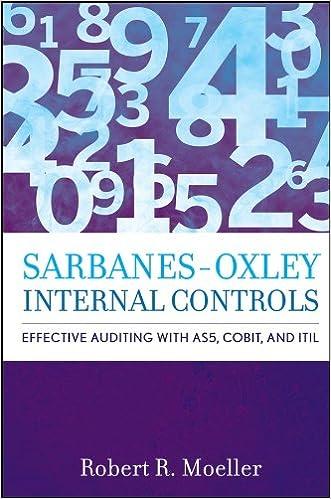Answered step by step
Verified Expert Solution
Question
1 Approved Answer
2. Which of the following is an acceptable method of reporting depreciation expense for depreciable assets used by governmental activities? a. Report as a general
2. Which of the following is an acceptable method of reporting depreciation expense for depreciable assets used by governmental activities? a. Report as a general expense in the bottom section of the statement of activities. b. Report as a direct expense of the function or program with which the related depreciable assets are identified. c. Report as an indirect expense on a separate line if the depreciable assets benefit all functions or programs. d. Either b or c. 3. Which of the following accounts neither increases nor decreases the fund balance of the General Fund during the fiscal year? a. Expenditures. b. Revenues. c. Encumbrances. d. Other financing sources. 4. When determining taxable property for the purpose of the property tax levy, which of the following would likely be excluded from the calculation? a. Property owned by governments. b. Property exempted from taxation by the government. c. Property used by religious or charitable organizations. d. All of the above. 5. Which of the following statements is true for other financing uses but is not true for expenditures? a. Arise from interfund transfers out. b. Decrease fund balances when they are closed at year-end. c. Are included on the budgetary comparison schedule. d. Have normal debit balances. 6. An internal allocation of funds on a periodic basis, which is often used to regulate the use of appropriations over a budgetary period, is called a. An encumbrance. b. A budgetary levy. c. An ad valorem assessment. d. An allotment. 7. According to GASB standards, expenditures are classified by a. Fund, function or program, organization unit, source, and character. b. Fund, function or program, organization unit, activity, character, and object. c. Fund, appropriation, organization unit, activity, character, and object. d. Fund, organization unit, encumbrance, activity, character, and object. 8. Under GASB requirements for external financial reporting, the budgetary comparison schedule (or statement) would be found as a part of a. Required supplementary information (RSI). b. Basic financial statements. c. Note disclosures. d. Either a or b, as elected by the government. 9. Before placing a purchase order, a department should check that available appropriations are sufficient to cover the cost of the item being ordered. This type of budgetary control is achieved by reviewing a. Appropriations minus expenditures. b. Appropriations plus expenditures minus outstanding encumbrances.

Step by Step Solution
There are 3 Steps involved in it
Step: 1

Get Instant Access to Expert-Tailored Solutions
See step-by-step solutions with expert insights and AI powered tools for academic success
Step: 2

Step: 3

Ace Your Homework with AI
Get the answers you need in no time with our AI-driven, step-by-step assistance
Get Started


